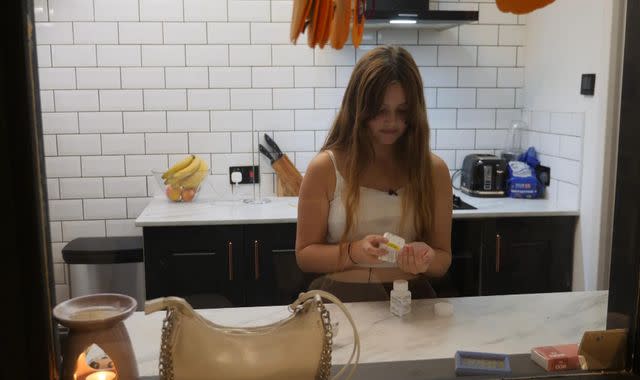Hundreds of children could benefit from new approach to brain cancer treatment

A ground-breaking clinical trial for treating cancerous brain tumours in children has published successful results - and could help hundreds of children every year.
The TADPOLE-G study compared outcomes for treating children with two specific cancer drugs as opposed to chemotherapy.
Researchers say the trial demonstrates the benefit of a combination of drugs for children with BRAF mutated low- and high-grade gliomas.
The studies are the first to investigate the effectiveness of the combination therapy. Doctors at Great Ormond Street Hospital (GOSH) hope it will be the first-in-line treatment for children with gliomas.
"The results of these studies highlight how targeted drug therapies can offer patients new treatment avenues that not only improve outcomes but reduce the side effects often associated with cancer therapies," Professor Darren Hargrave, clinical professor in paediatric neuro-oncology at GOSH, explained.
"These studies demonstrate the power of collaborative, global research to find new treatments for rare cancers."
About 500 children across the UK develop brain tumours every year. Some 30-50 of those would benefit from this treatment, and researchers say across the world that could mean hundreds, possibly thousands of children would benefit.
For children with paediatric low-grade glioma, the normal course of treatment is a full surgical removal. However, for children where this is not possible, additional treatments like chemotherapy are required. These patients often experience multiple relapses, further progression and serious side effects.
In the TADPOLE-G randomised trial, 73 children with low-grade gliomas were treated with the drugs Dabrafenib and Trametinib and their outcomes were compared to 37 patients treated with standard chemotherapy drugs.
As well as an improved side-effect profile to chemotherapy, the new treatment also improved overall response rate by more than 400% and increased median progression-free survival from 7.4 months with chemotherapy to 20.1 months with the new treatment.
Aaliyah, 12, was part of the trials. Her brain tumour was discovered during a routine eye appointment.
She told Sky News the combination treatment means she does not have to spend hours in hospital undergoing chemotherapy and can instead spend the time at school and at home.
"I just take tablets twice a day. Then every few months I go back to the hospital and they give me an MRI to see if it's all working," Aaliyah said.
"It doesn't really give me a big impact. I don't really go to the hospital as much as I used to. I'm guessing that's probably because of the tablet. They've probably been helping me a lot."
The results from the TADPOLE-G study were published in the New England Journal of Medicine and the Journal of Clinical Oncology. The evidence is now being used as part of a government scoping review to appraise the clinical and cost-effectiveness of the treatments. The US Food and Drug Administration has already approved it for children with low-grade glioma.


